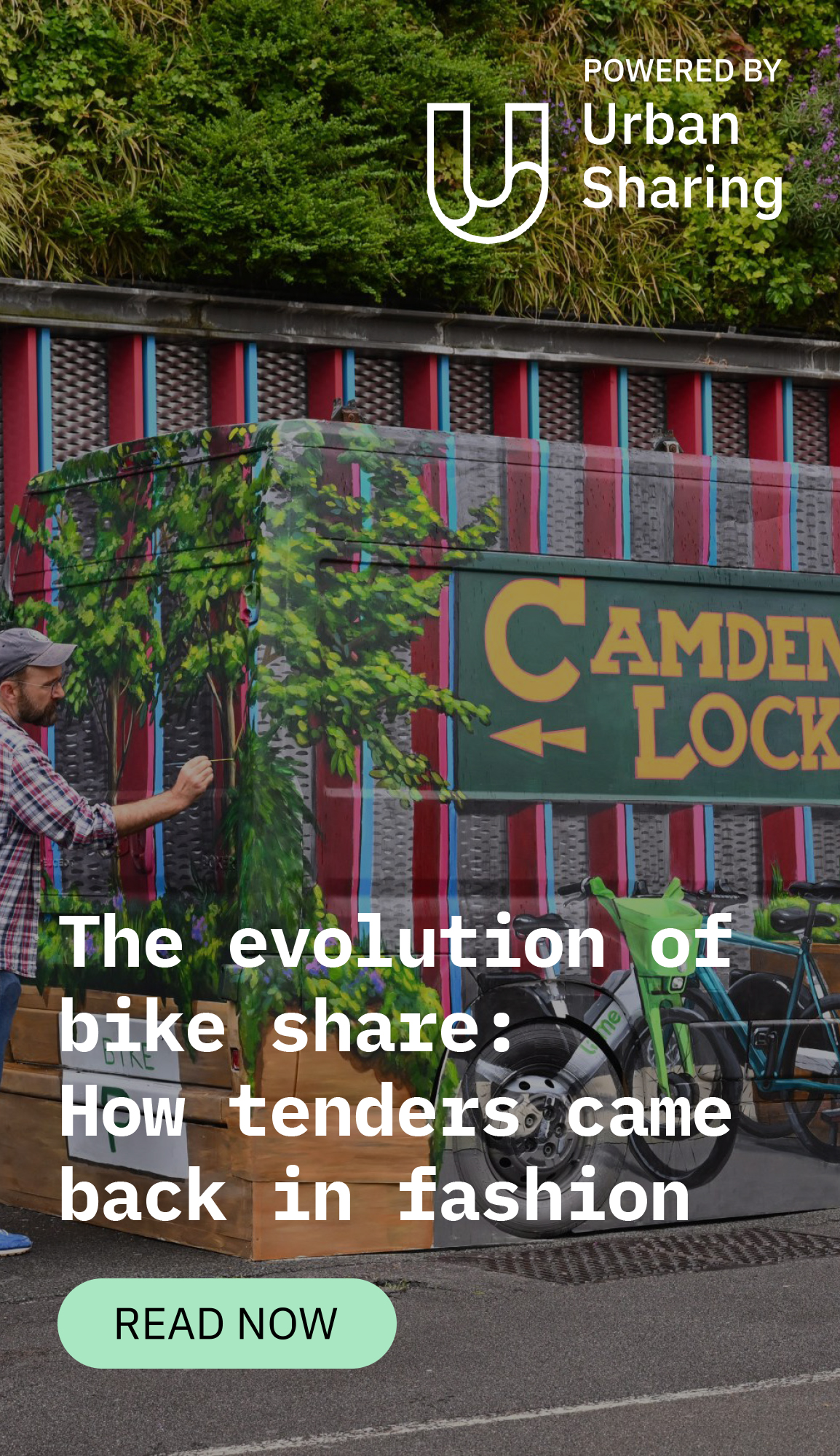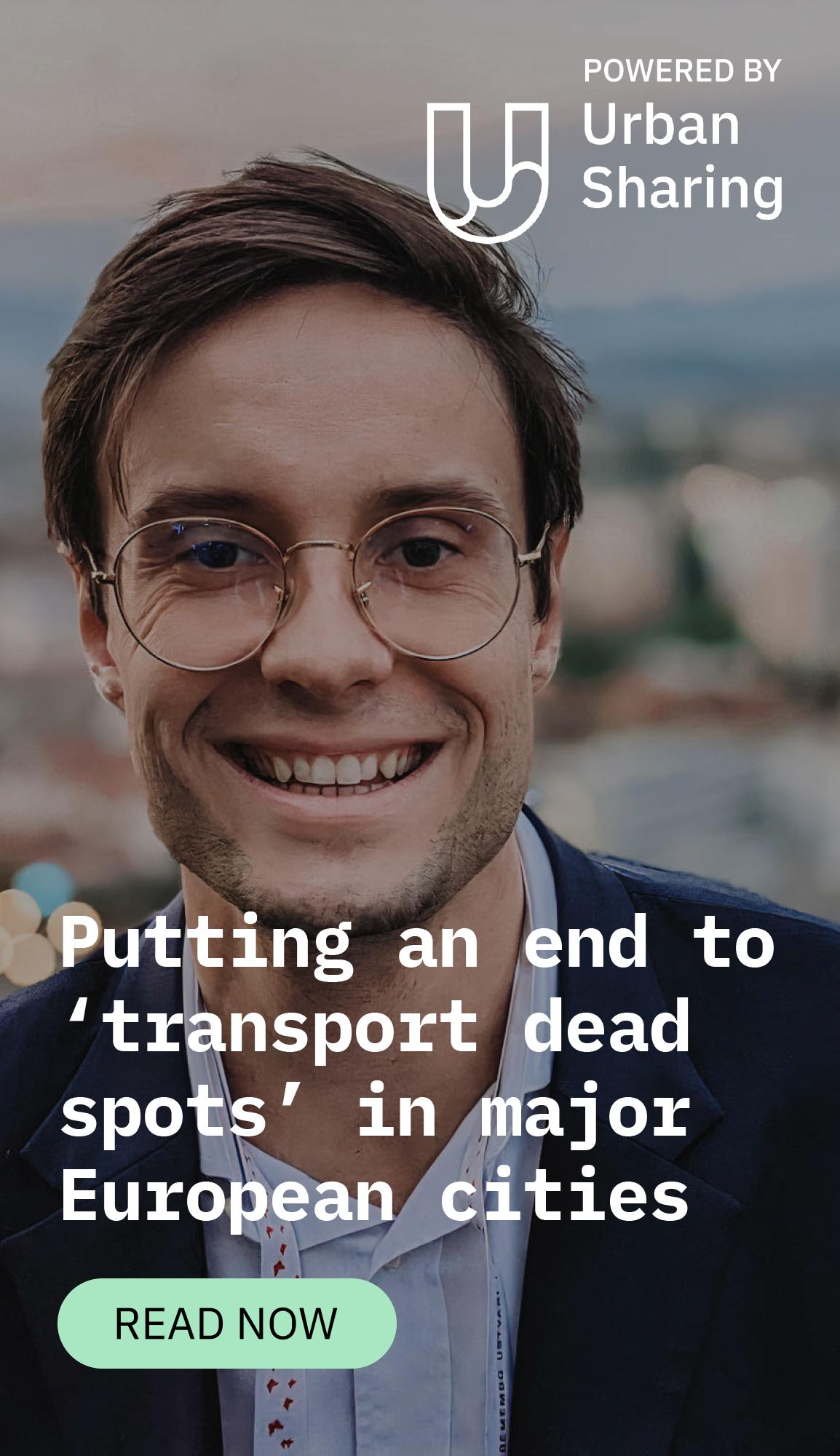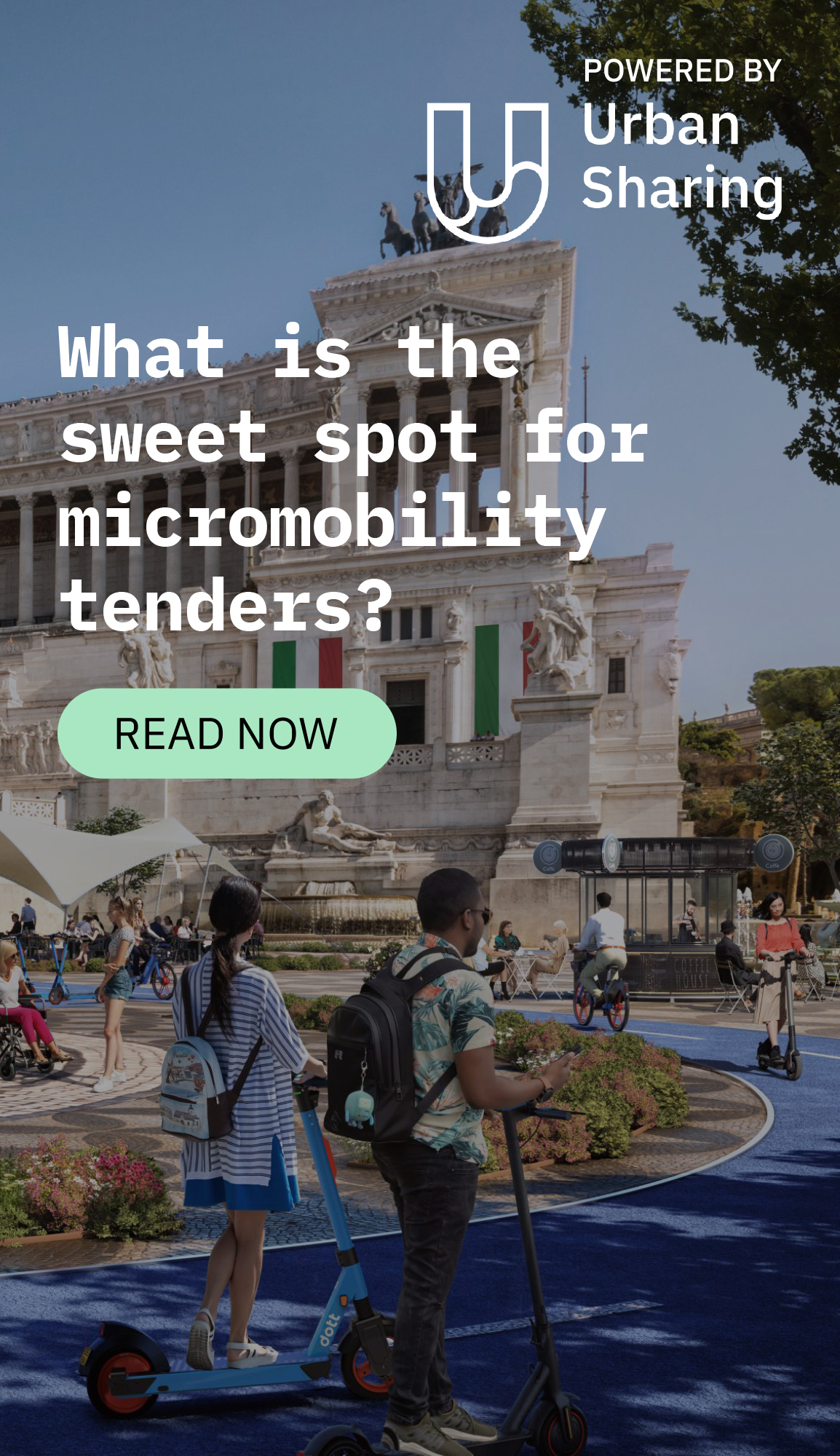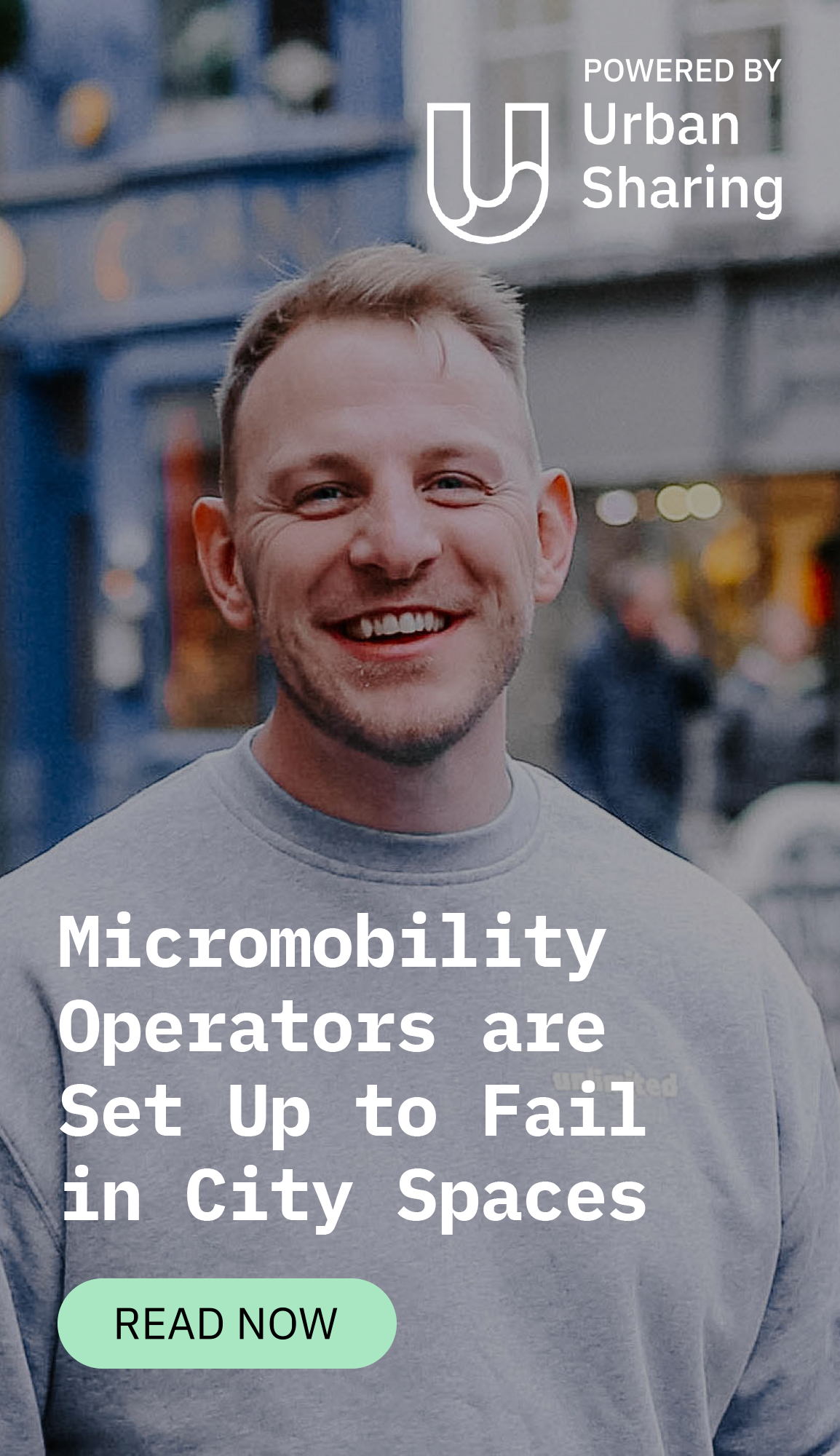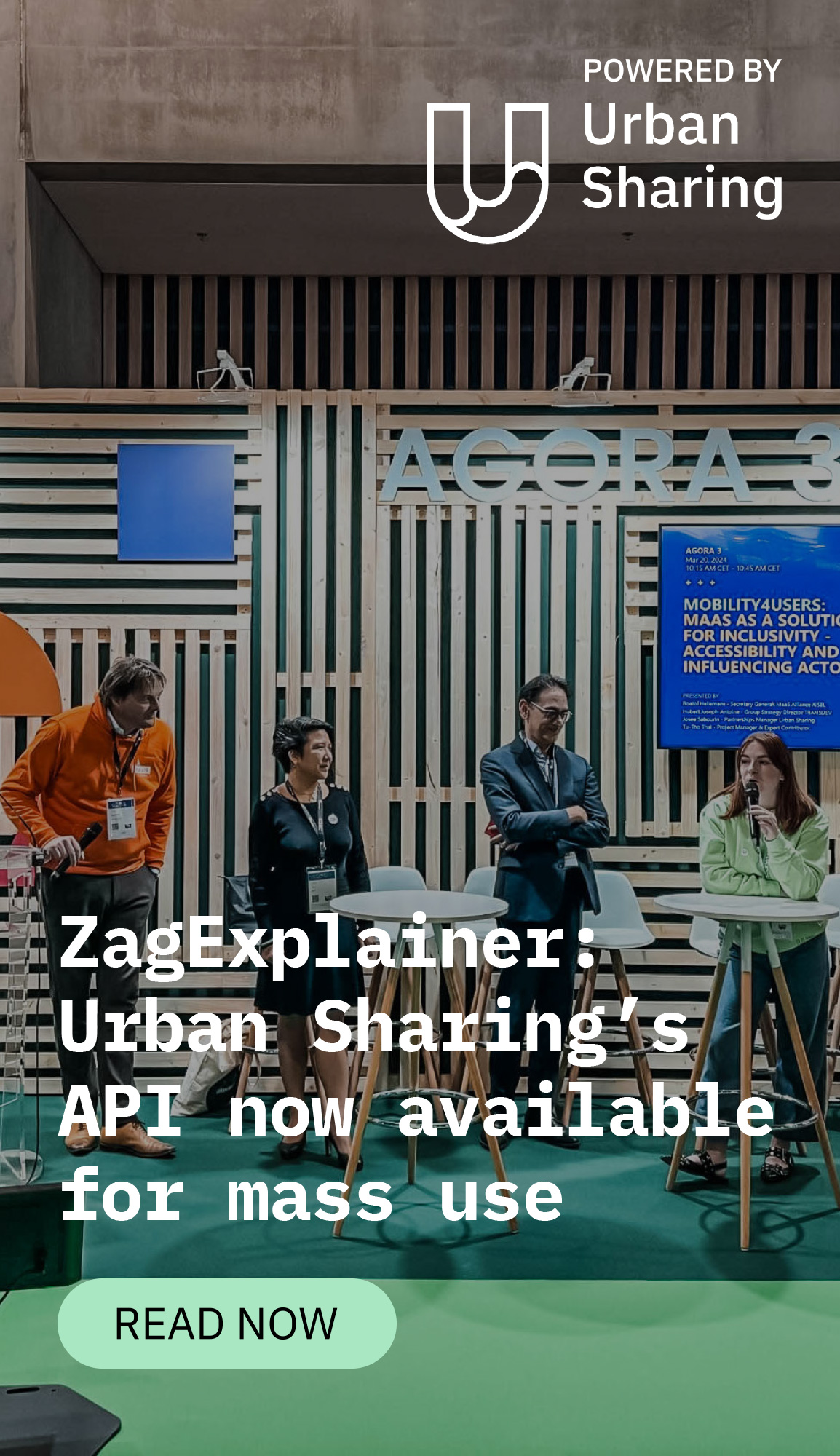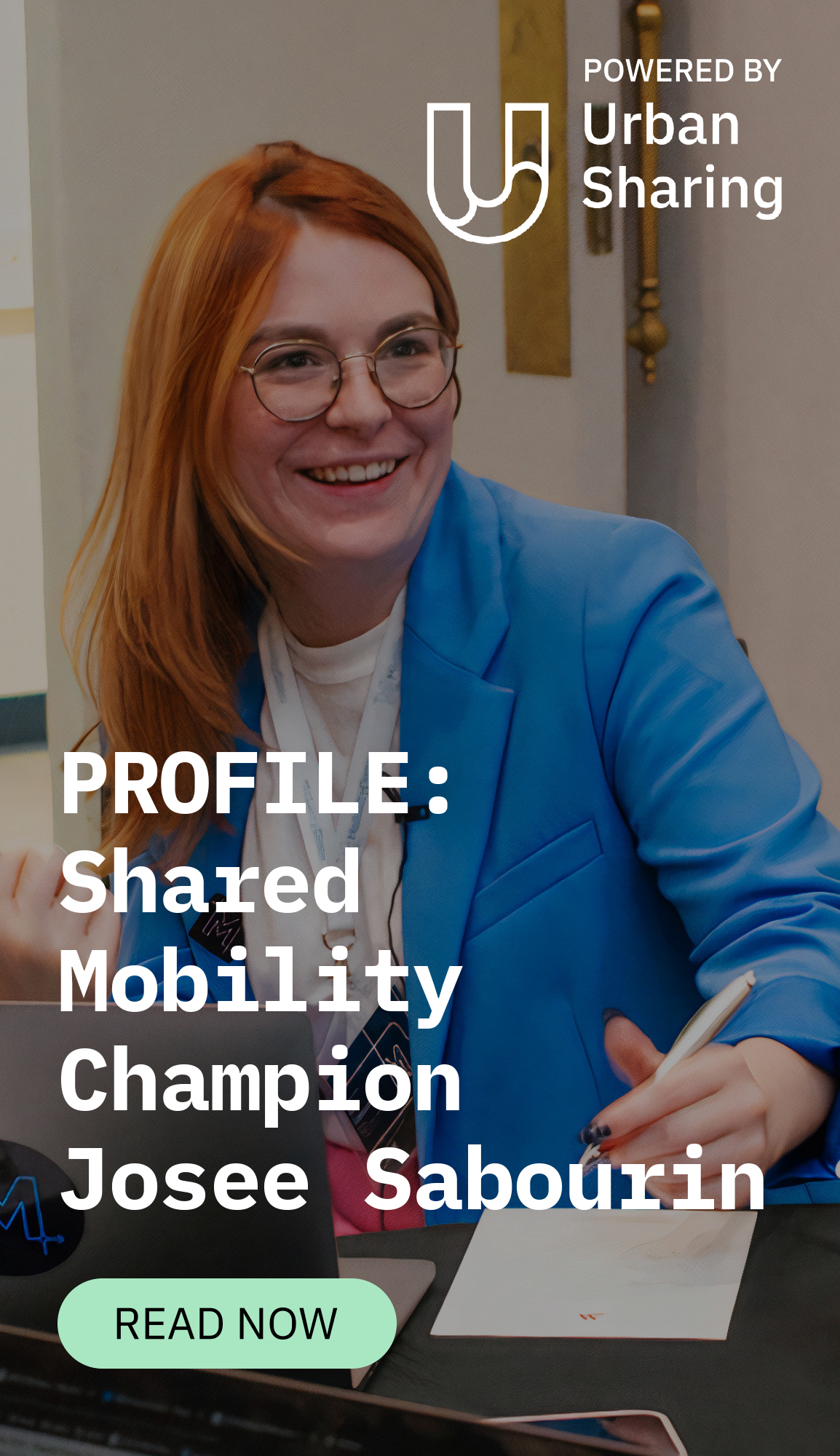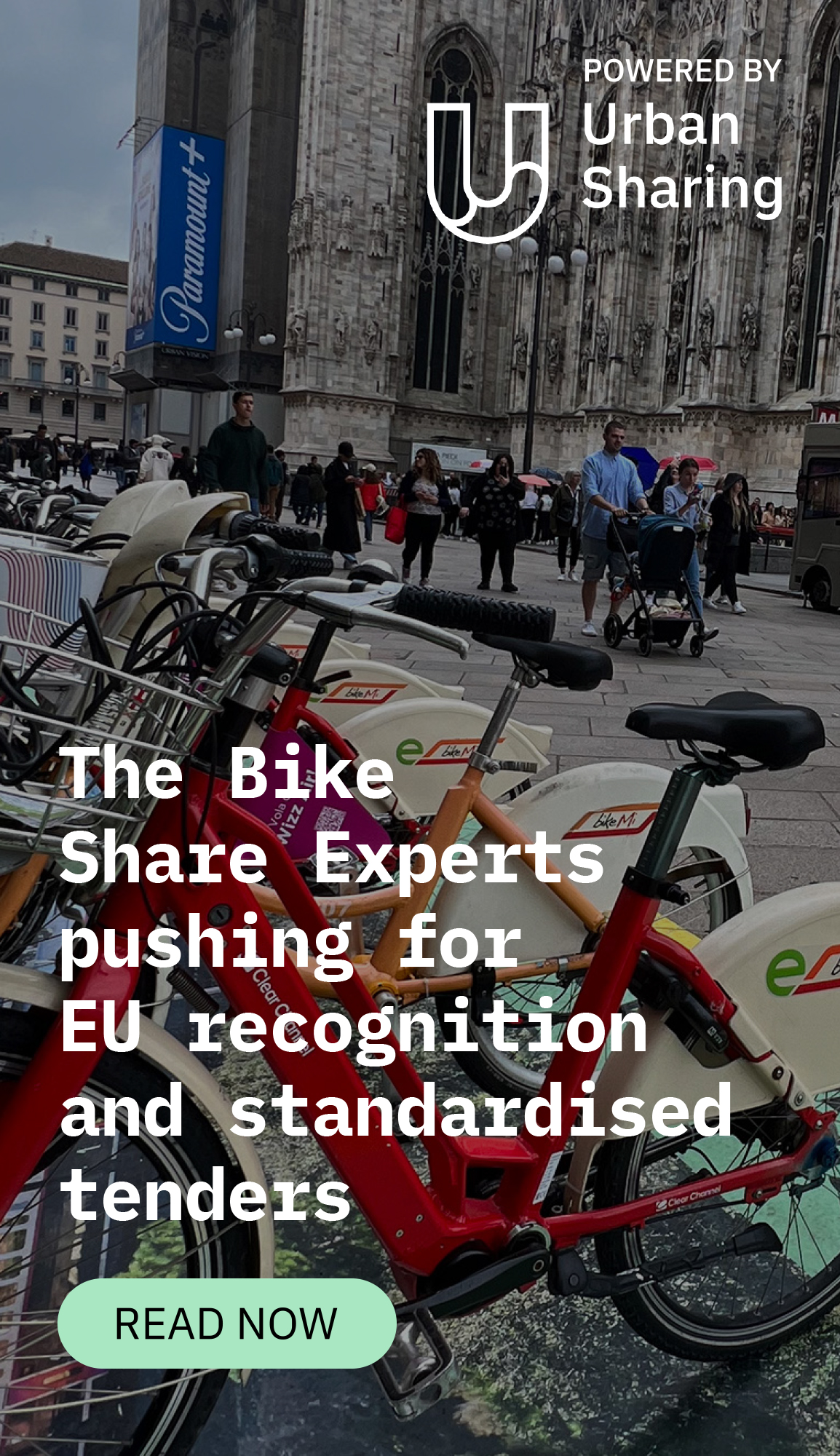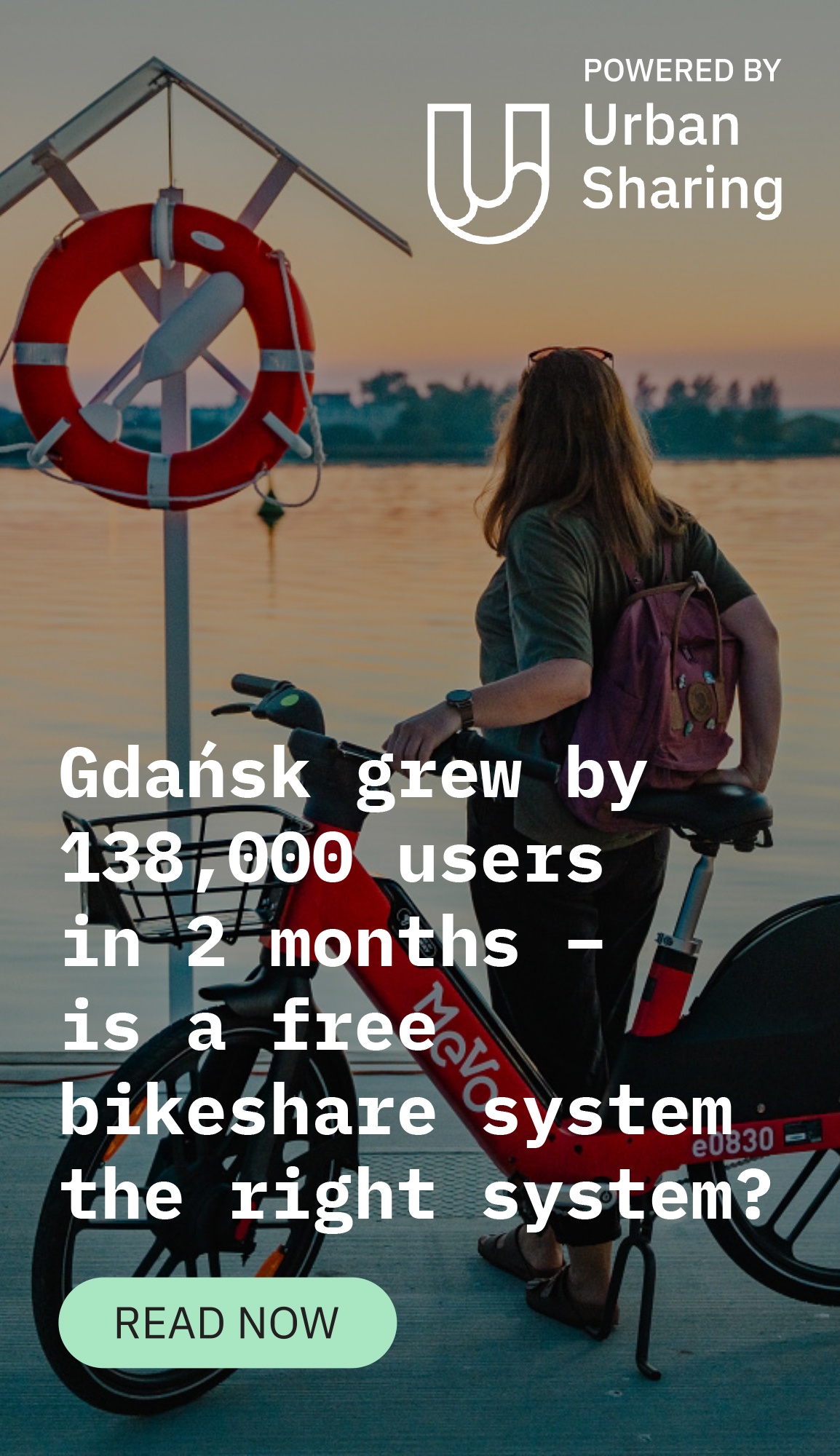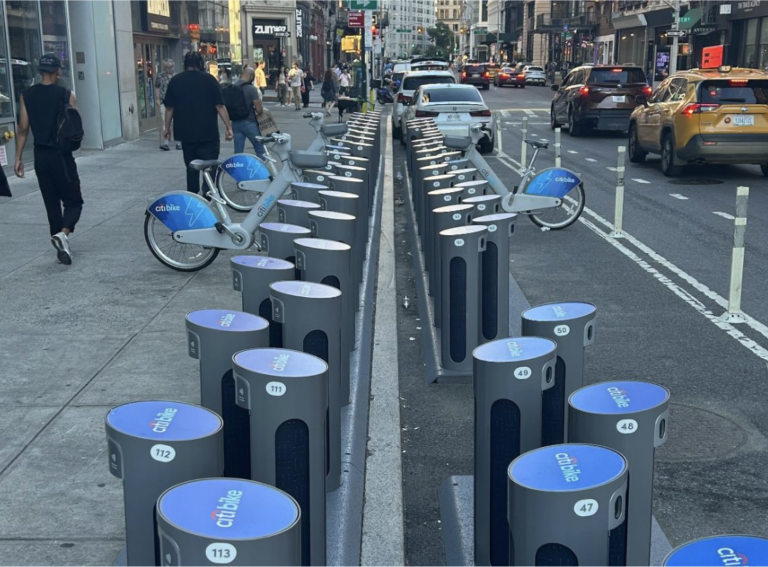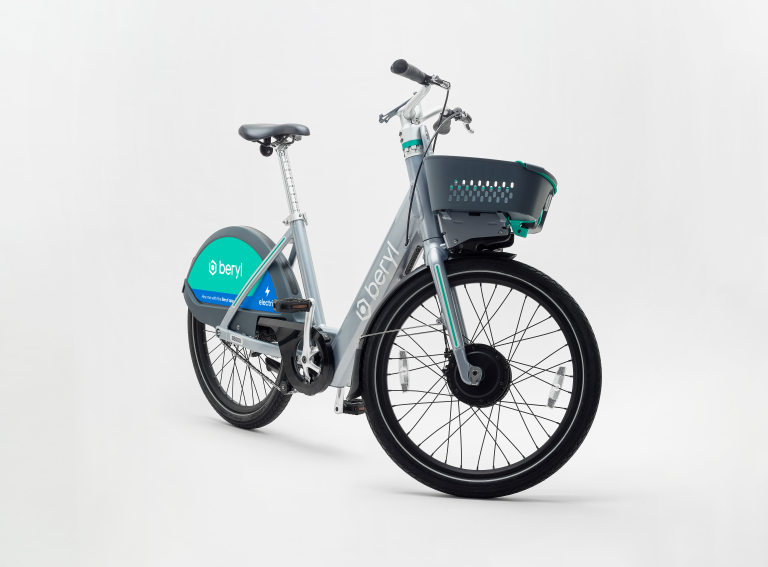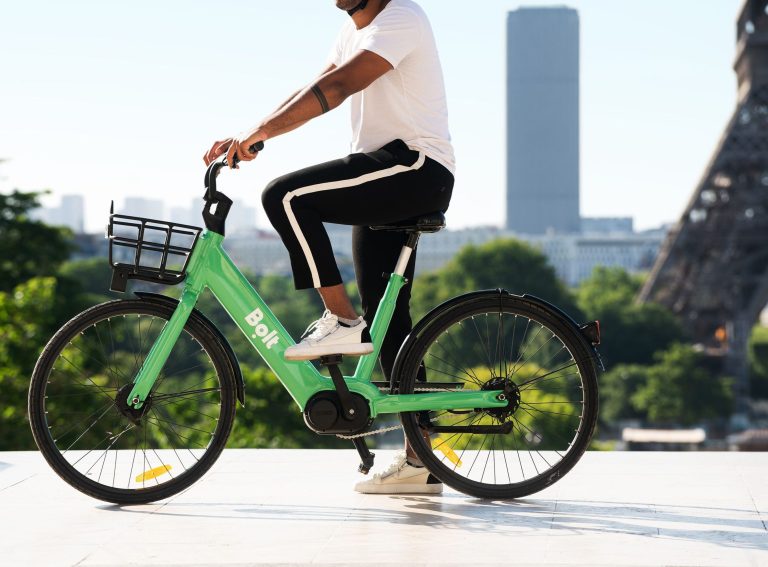Author: Caroline Seton, Co-Founder and Head of Growth & Strategy at HumanForest.
Demand for electric bike sharing services has surged this year with the emergence of loyal riders, and cross party recognition of the importance of active and sustainable travel.
The modal shift for shared personal transportation services is helping redefine the transport landscape and achieve decarbonisation targets in cities across the world.
In London, where we operate, there is still huge potential to convert the five million car trips that could be cycled in under 20 minutes.
We want to ensure that the benefits of cycling on health, wellbeing and the environment are shared by everyone, yet affordability remains a key barrier.
Affordability
The cost of living crisis paired with historically high inflation rates has stretched household incomes beyond measure. Coinciding with the climate crisis, it’s understandable people feel consumed by inescapable pessimism, but affordable micromobility has the ability to address both environmental and financial questions that are prominent today.
At HumanForest, we believe sustainable micromobility shouldn’t come at a premium, and by making our e-bikes affordable, we are confident this will contribute to a modal shift towards cycling, especially given that at least 21% of our users earn less than the average wage in London.
Through our innovative partnership model, whereby our sustainably-minded partners sponsor our fleet, we’re able to provide every customer with 10 minutes free riding everyday, with it costing 19p per minute thereafter. This free riding for which HumanForest has become known is enhanced by free parking zones across London, discounted minute bundles and weekly free riding codes.
Our newly launched Friends of the Forest scheme further breaks down cost barriers for students, NHS and emergency service workers. Receiving 20% off all HumanForest trips, we’re confident this is a valuable step in bringing sustainable micromobility to millions of eligible people.
There’s also an opportunity operationally to engage with all financial backgrounds within the community. At HumanForest we distribute our e-bikes evenly throughout boroughs to ensure there’s access to the fleet across the whole socio-economic spectrum, bringing micromobility to all.
Physical ability
The prospect of switching to active travel can seem daunting to many people, even more so for those with disabilities. While advances are still required before shared e-bikes can be wholly inclusive, they can aid those experiencing a range of mobility issues, such as those associated with musculoskeletal disorders.
With almost a third of the UK’s population experiencing symptoms of musculoskeletal disorders, such as joint stiffness, fatigue and immobility, e-bikes could ease physical strain. The e-assist can help sufferers regain confidence in physical activity and enjoy the benefits of active travel, which might previously have seemed impossible.
E-bikes also have significant potential to aid those with immunocompromising conditions. Although COVID-19 restrictions have been lifted, for some, avoiding crowded areas and needing well-ventilated spaces is crucial. The benefits of cycling outdoors compared to alternative modes of transport, such as densely packed and bacteria-ridden public transport, are obvious. But it is important to note, the advantages of active travel and the freedom of mobility extend beyond the two conditions mentioned.
Improving skills and confidence
A HumanForest survey discovered 88% of our users are aged between 18-45 years-old, suggesting older generations are hesitant to convert to e-bikes. But with 2.5 million people aged over 50 in London, this is a sizable demographic for the micromobility industry to appeal to. The origins of their reservations are likely multifaceted, but the use of app-based technology may be confusing and unnatural to some, creating an obstacle to choosing e-bikes.
HumanForest has been proactive in addressing concerns about the challenges associated with a technology-based system, by hosting community-focused, app and e-bike orientation sessions, with the goal to improve user confidence. Our partnership with Islington Council’s Cycle Training Academy offers exactly this. By providing two e-bikes to the scheme, we’re proud to be helping residents build their confidence for free. Supporting the community at the root of their anxieties will contribute to a long-term shift in attitude towards e-bikes.
Empowering women
As well as improving their confidence, we hope our service empowers women to feel safe on London’s streets. With street safety for women under intense scrutiny, combined with fewer hours of daylight during winter, travelling at speed on an e-bike offers a safety net for those wanting to get to their destination quickly.
HumanForest has almost achieved gender parity, which is an improvement on the national average of men being three times more likely to cycle. A lack of cycling infrastructure and feeling unsafe have been identified as barriers for women. Whilst service providers can advocate for such governmental change, at HumanForest we hope to appeal to all users, particularly women, with an evolution of our e-bikes. Responding directly to customer feedback, we want our e-bikes to weigh less and accommodate a greater range of heights, to further expand our social inclusivity.

